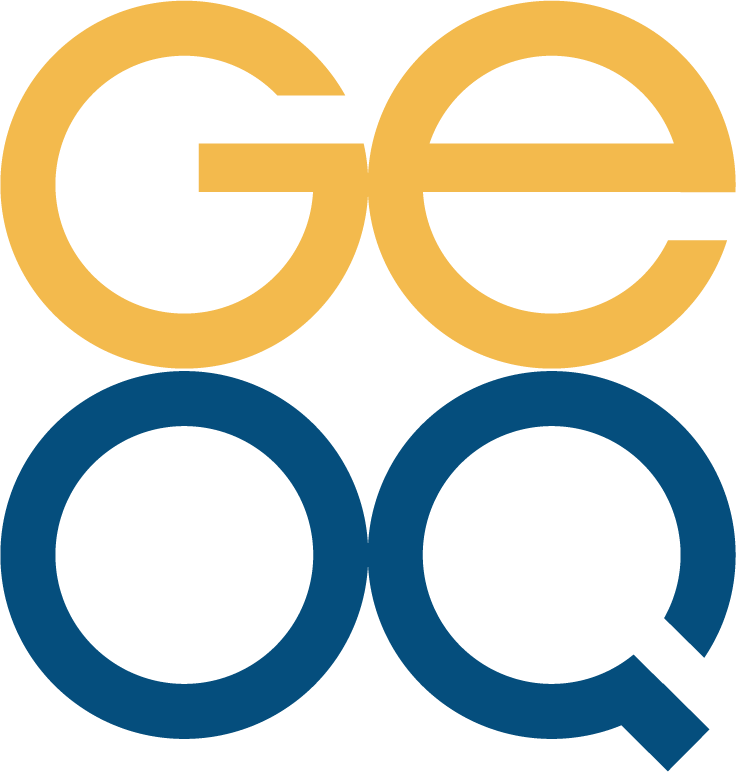| CRITÈRES D'ÉLIGIBILITÉ |
(EN)
- Patient must have AML with an IDH2 mutation identified from a peripheral blood or bone marrow sample at the time of diagnosis and/or relapsed/refractory disease
-
Patient must have bone marrow assessment (aspiration or biopsy) with > 5% leukemic blasts by morphology and/or flow cytometry in at least one of the following clinical scenarios:
- Second or greater relapse after chemotherapy or hematopoietic stem cell transplant (HSCT)
- Refractory after >= 2 attempts at induction therapy
-
Relapsed patients
- Must not have received prior re-induction therapy for this relapse
- Each block of chemotherapy (i.e., cytarabine, daunorubicin and etoposide [ADE], cytarabine and mitoxantrone [MA]) is a separate re-induction attempt
- Donor lymphocyte infusion (DLI) is considered a re-induction attempt
-
Refractory patients
- Each attempt at induction therapy may include up to two chemotherapy courses
- Karnofsky >= 50% for patients > 16 years of age and Lansky >= 50 for patients =< 16 years of age. Patients who are unable to walk because of paralysis, but who are up in a wheelchair, will be considered ambulatory for the purpose of assessing the performance score
- Patient's current disease state must be one for which there is no known curative therapy or therapy proven to prolong survival with an acceptable quality of life
- Evaluation of cerebrospinal fluid (CSF) is only required if there is a clinical suspicion of central nervous system (CNS) involvement by leukemia during eligibility screening. Should a patient be found to have CNS2 or CNS3 status by CSF prior to eligibility screening, patient may receive intrathecal chemotherapy > 72 hours prior to starting study drug. CNS1 status must be established before starting study drug
-
Patients must have fully recovered from the acute toxic effects of all prior anti-cancer therapy and must meet the following minimum duration from prior anti-cancer directed therapy prior to enrollment. If after the required timeframe, the numerical eligibility criteria are met, e.g., blood count criteria, the patient is considered to have recovered adequately
-
Cytotoxic chemotherapy or other anti-cancer agents known to be myelosuppressive. The duration of this interval must be discussed with the study chair and the study-assigned research coordinator prior to enrollment
- >= 14 days must have elapsed after the completion of other cytotoxic therapy with the exception of hydroxyurea. Additionally, patients must have fully recovered from all acute toxic effects of prior therapy. NOTE: Cytoreduction with hydroxyurea must be discontinued >= 24 hours prior to the start of protocol therapy
- Intrathecal chemotherapy must be completed >= 72 hours prior to the start of the first cycle of treatment
- Anti-cancer agents not known to be myelosuppressive (e.g. not associated with reduced platelet or absolute neutrophil count [ANC] counts): >= 7 days after the last dose of agent. The duration of this interval must be discussed with the study chair and the study-assigned research coordinator prior to enrollment
- Antibodies: >= 21 days must have elapsed from infusion of last dose of antibody, and toxicity related to prior antibody therapy must be recovered to grade =< 1
- Corticosteroids: If used to modify immune adverse events related to prior therapy, >= 14 days must have elapsed since last dose of corticosteroid
- Hematopoietic growth factors: >= 14 days after the last dose of a long-acting growth factor (e.g., pegfilgrastim) or 7 days for short-acting growth factor. For agents that have known adverse events occurring beyond 7 days after administration, this period must be extended beyond the time during which adverse events are known to occur. The duration of this interval must be discussed with the study chair and the study research coordinator
- Interleukins, interferons and cytokines (other than hematopoietic growth factors): >= 21 days after the completion of interleukins, interferon or cytokines (other than hematopoietic growth factors)
-
Stem cell Infusions (with or without total body irradiation [TBI]):
- Cellular Therapy: >= 42 days after the completion of any type of cellular therapy (e.g. modified T cells, natural killer [NK] cells, dendritic cells, etc.)
- XRT/external beam irradiation including protons: >= 14 days after local XRT; >= 150 days after TBI, craniospinal XRT or if radiation to >= 50% of the pelvis; >= 42 days if other substantial bone marrow (BM) radiation
- Radiopharmaceutical therapy (e.g., radiolabeled antibody, 131I-metaiodobenzylguanidine [MIBG]): >= 42 days after systemically administered radiopharmaceutical therapy
- Study-specific limitations on prior therapy: small molecule investigational agents: >= 14 days or > 5 half-lives must have elapsed from the last dose of the agent, whichever is greater
- Platelet count >= 20,000/mm^3 (may receive platelet transfusions). These patients must not be known to be refractory to red cell or platelet transfusion
- Hemoglobin >= 8.0 g/dL at baseline (may receive red blood cell [RBC] transfusions)
-
Creatinine clearance or radioisotope glomerular filtration rate [GFR] >= 70 ml/min/1.73 m^2 or a serum creatinine based on age/gender as follows:
- Bilirubin (sum of conjugated + unconjugated) =< 1.5 x upper limit of normal (ULN) for age
- Serum glutamate pyruvate transaminase (SGPT) (alanine aminotransferase [ALT]) =< 225 U/L. For the purpose of this study, the ULN for SGPT is 45 U/L
- Serum albumin >= 2 g/dL
- Left ventricular ejection fraction of >= 50% by echocardiogram
-
Regulatory Requirements
- All patients and/or their parents or legal authorized representatives must sign a written informed consent. Assent, when appropriate, will be obtained according to institutional guidelines
- All institutional, Food and Drug Administration (FDA), and National Cancer Institute (NCI) requirements for human studies must be met
|
| CRITÈRES D'EXCLUSION |
(EN)
|
